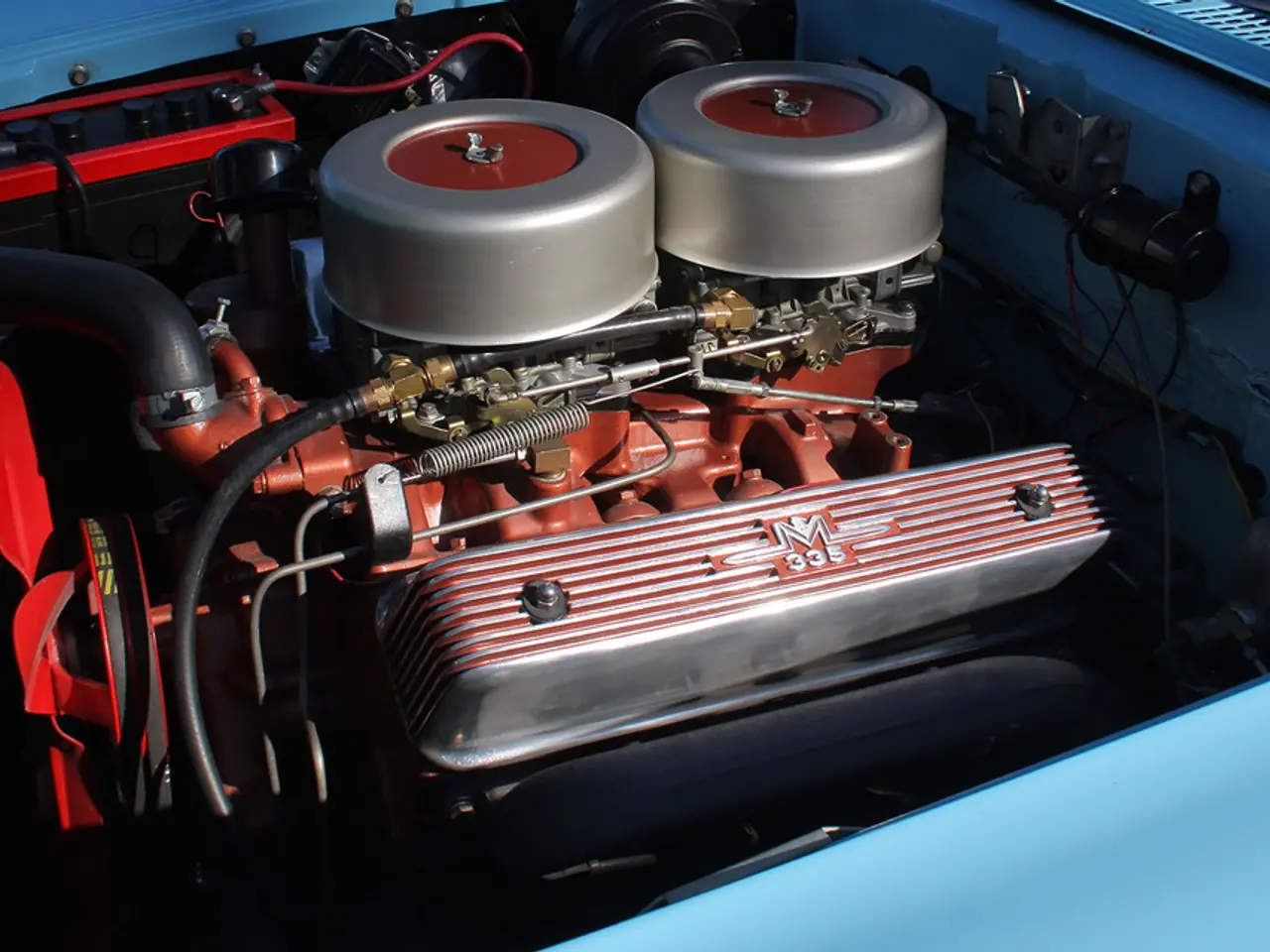Overcoming Obstacles in the Production of Food Processing Machinery
In the face of supply chain disruptions, food processing equipment manufacturers are adopting digital-first approaches, advanced technologies, and sustainable practices to enhance efficiency, ensure compliance, and minimise interruptions.
Key adaptations include the integration of digital-first and advanced technology solutions. Manufacturers are leveraging AI, predictive analytics, and the Internet of Things (IoT) to boost supply chain visibility, anticipate delays, and optimise inventory. For instance, AI-based predictive maintenance and quality inspection systems reduce defects and downtime, thereby increasing production reliability.
Another significant development is the introduction of plug-and-play equipment solutions. These modular, quickly deployable food processing lines can be installed in weeks instead of months, helping manufacturers maintain production schedules and minimise disruption impact.
Sustainable practices are also gaining prominence as consumer demand for ethically sourced, healthier, and environmentally friendly products rises. This includes optimising energy use and material sourcing to control costs and meet regulatory requirements related to sustainability.
Moreover, food processing manufacturers are enhancing supply chain management strategies. Facing tariffs, raw material shortages, and logistics delays, they are fostering collaboration across suppliers, emphasising domestic sourcing where possible, and employing scenario planning to manage risk. Digital tools provide real-time insights for better decision-making in procurement and production planning.
The complexity and technical demands of operating advanced, digitalised food processing equipment necessitate new skill sets. As a result, companies are investing in training and strategic hiring to build capabilities in technology management and supply chain resiliency.
Specifically for industrial steam kettles and other food processing machinery, these strategies enable manufacturers to better handle volatile raw input supply, reduce equipment downtime through predictive technologies, and implement energy-efficient and compliant equipment designs supporting sustainability goals.
In summary, by combining cutting-edge technology deployment, modular and flexible equipment solutions, and a focus on sustainable and adaptive supply chain practices, food processing equipment manufacturers are effectively navigating current industry challenges.
By prioritising energy-efficient materials and processes, fostering effective communication between suppliers, manufacturers, and distributors, enhancing sustainable practices in food processing, adapting to changing food safety regulations, building stronger supplier relationships, leveraging technology, nurturing supplier relationships, committing to sustainability, and prioritising workforce development, manufacturers are demonstrating adaptability and optimism for growth.
The challenges in the food processing equipment manufacturing sector have sparked innovation and collaboration among industry participants. Notable examples include waste reduction initiatives, the exploration of alternative energy sources, and partnerships with educational institutions to nurture a skilled labor force.
For more information about industrial steam kettles and other related topics, please visit our related posts prepared on the subject.
- Food processing equipment manufacturers are adopting digital-first approaches and advanced technologies, such as AI, predictive analytics, and the Internet of Things (IoT), to boost supply chain visibility and optimise inventory.
- AI-based predictive maintenance and quality inspection systems have been integrated by manufacturers to improve production reliability by reducing defects and downtime.
- Quickly deployable food processing lines, known as plug-and-play equipment solutions, can be installed in weeks instead of months, helping manufacturers maintain production schedules and minimise disruption impact.
- Sustainable practices, such as optimising energy use and material sourcing, are gaining traction in the food processing industry to control costs, meet regulatory requirements related to sustainability, and cater to growing consumer demand.
- Companies in the food processing equipment manufacturing sector are investing in training and strategic hiring to build capabilities in technology management and supply chain resilience, as the complexity and technical demands of operating advanced, digitalised food processing equipment necessitate new skill sets.
- Innovative strategies for industrial steam kettles and other food processing machinery help manufacturers better handle volatile raw input supply, reduce equipment downtime through predictive technologies, and implement energy-efficient and compliant equipment designs supporting sustainability goals.
- The challenges in the food processing equipment manufacturing sector have led to innovation and collaboration, with examples including waste reduction initiatives, exploration of alternative energy sources, and partnerships with educational institutions to develop a skilled labour force.




